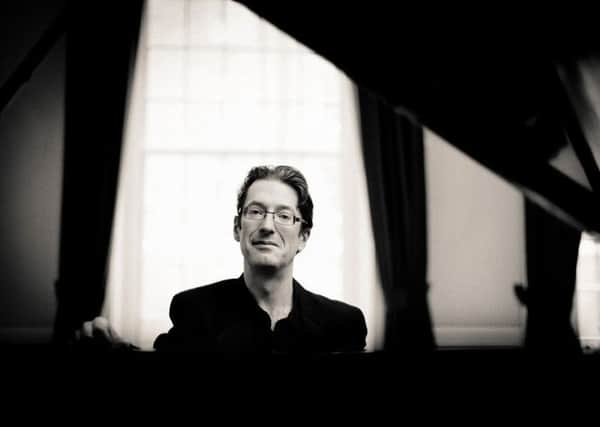Classical review: Llyr Williams & Elias Quartet, City Halls, Glasgow


The Young Beethoven: Llyr Williams & the Elias Quartet
City Halls, Glasgow
Rating: *****
If it reinforced anything, it was the fact that Beethoven was treading new ground from very outset. Look at the visionary distinctiveness of the Op 18 string quartets, two of which - No5 in A and No1 in F - were performed with liberated excitement by the wonderful Elias Quartet. How often do we hear these played with retrospective reverence to Mozart and Haydn, a kind of mental safety net? But not the Elias, whose intense, free-thinking approach set free the wildest excesses of Beethoven’s inventiveness: the arrogant, bawdy swagger that interrupts the cool of the Andante cantabile in the A major quartet; extremes of high comedy and deep introspection in the F major quartet. From recent years of working through all Beethoven’s quartets, the Elias have unearthed magical secrets.
Likewise, Llyr Williams’ thoughts on two of the piano sonatas were unique and insightful. Here was something to refresh the much-played “Pathétique - its opening Grave, achingly spacious and teasing, like a gravitational anchor to the fizzing energy of the Allegro con brio; its slow movement melody throbbing with deep set humanity. Then Williams reminded us that the outward straightforwardness of the Op31 No3 sonata is so much more than that in the hands of an enquiring musical brain.